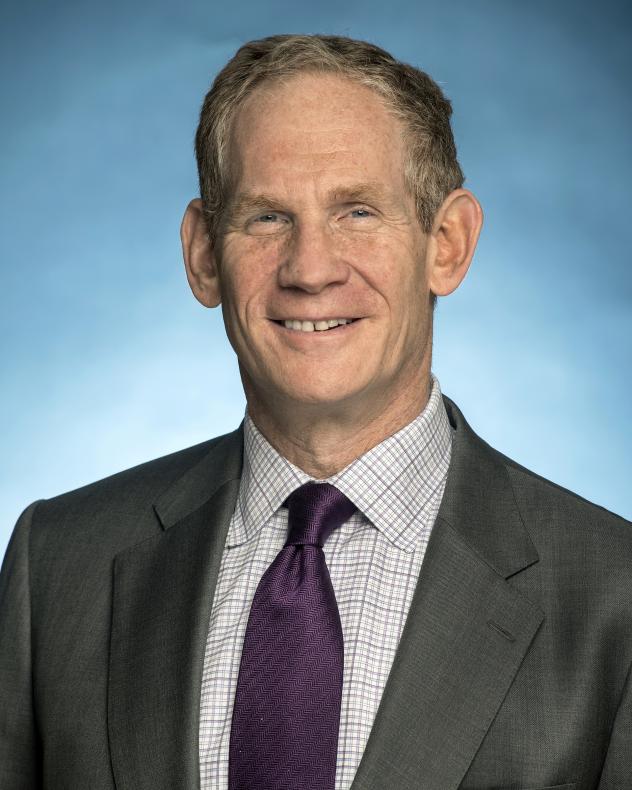MTA Acting Chairman and CEO Janno Lieber appeared live on 1010 WINS with Lane Bajardi to discuss subway service during the winter surge in COVID cases.
A transcript of the interview appears below.
Lane Bajardi: 81 flights cancelled out of Newark, 48 at Kennedy and 33 at LaGuardia just because they don’t have the crews to fly the planes. If you don’t have everybody in the crew, you can’t do it. It’s the same situation for the subways. Let’s talk more about this and its impact on New Yorkers during this admittedly holiday lightened week we welcome MTA Acting Chair Janno Lieber to the program once again to talk about this situation. Thank you for taking some time to talk to us about it. How bad is it right now?
Janno Lieber: Actually, it's a slight adjustment. It’s nothing like what you're hearing about from the airlines. What we're doing is just like we've been doing for some time during COVID which is dealing with the fact that we have a little tightness on crews by adjusting schedules slightly. People are not going to see dramatic changes they may wait a minute or two longer on a platform. Actually, the subway rides themselves we've made faster, I don't think people are going to experience dramatic disruptions. We do have a lot more folks out because of COVID, but we're making these adjustments and service is running just like we’ve done since the beginning of COVID. We're not going to let New York down. We are here to keep the city moving.
Bajardi: Are you seeing the kind of numbers that we did early on in the pandemic or is this kind of like a slow rise along with Omicron?
Lieber: We're just like the rest of the region, the rest of the city. Our own numbers of at least the self-reported folks who are out with positive tests have gone up dramatically. But, by managing our workforce, by inviting retirees to come back to work, by creating incentives for people to delay vacations during the holiday season and taking other steps we've been able to continue to provide pretty solid service, the system is running. Today's rush hour was dead on schedule. And we're going to keep pushing because the city needs to keep operating. We're there every day, and we're going to be there every day.
Bajardi: And we know a lot more about this than we did a year and a half ago. Are you seeing people returning to work more quickly than they were when this was a sudden serious situation?
Lieber: Well, listen, what's happened is we were having a very positive trajectory. A lot of people coming back to where we were at roughly 60% of pre-COVID numbers before this latest surge. The interesting thing, Lane, is that we're seeing that people are choosing to ride transit when it's discretionary on weekends and off hours the numbers are even higher, like 70% of pre-COVID. So, people are pretty comfortable. Obviously, we're going to have a slight downtick during this little upsurge, but I think that the overall picture is people are ready to come back to transit and resume their normal patterns, and we'll see how things play out in the next couple of weeks. But we're optimistic.
Bajardi: And the crews themselves, are they coming back more quickly dealing with Omicron having breakthrough cases as opposed to what was in the past? Is this something that you don't see hanging with us for a long period of time where even more service would have to be cut?
Lieber: I'm not the epidemiologist. We're just adjusting to as I said, this recent upsurge in our own COVID numbers, mimicking what's going on in the population at large. But the main thing is that we're getting really low or no hospitalizations, and very low hospitalization numbers among our workforce, which is proof that our vaccination system, our vaccine test system, has worked pretty well with our workforce. So, we're optimistic, but we obviously have to get through this this next couple of weeks when there has been an uptick.
Bajardi: And vaccination has been key, as you know, because in the early days, so many people that were running the trains were exposed to a very serious situation and some lost their lives because of it. So hopefully we get through this a little easier. And wait a minute or two for the train and so be it.
Lieber: Thank you.
